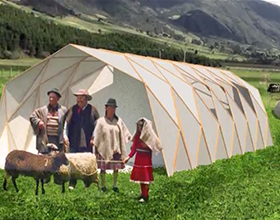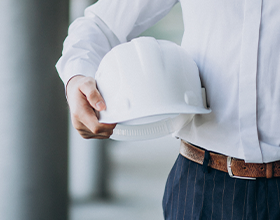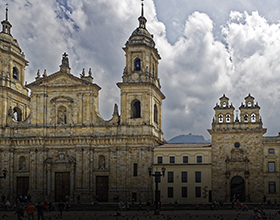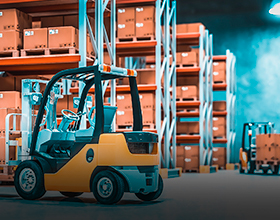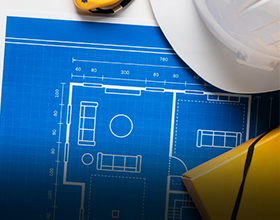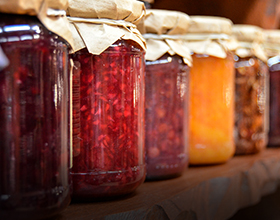Join econexia
Benefits in a free zone
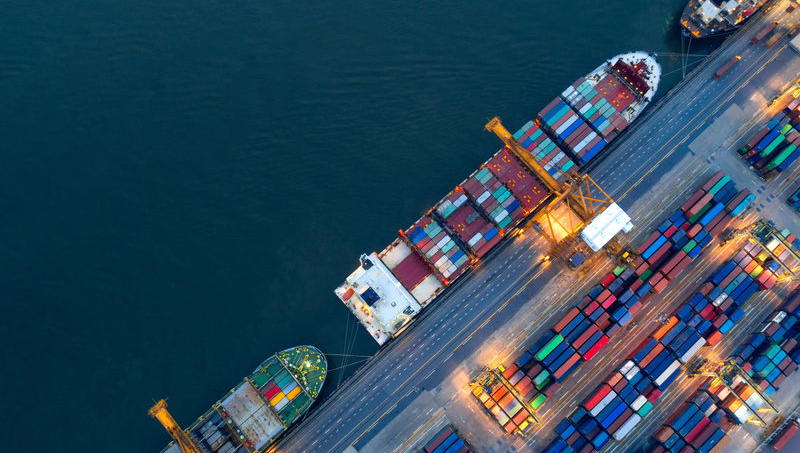
Source: BOGOTA CHAMBER OF COMMERCE - Bogota Business Information Center (CIEB)
We share a series of benefits, which will surely be of great help to you. Did you know them?
Tax benefits:
As of January 1st, 2017, the income and complementary tax rate for legal persons that are users of the free zone will be 20%.
No customs duties are incurred or paid for goods that are introduced into the free zone from abroad.
VAT exemption for raw materials, inputs and finished goods acquired in the national customs territory for the exclusive use of the free zone.
The taxable base on which the sales tax - VAT is settled on the import of finished products produced abroad or in a free zone with exported national components, will be that established in the first paragraph of this article, adding the value of the costs of production and without discounting the value of the national component exported”. Law 1943 of December 28, 2018.
Exports made from the Free Trade Zone to third countries are likely to benefit from international trade agreements signed by Colombia.
Possibility of selling services or goods to the national territory without quotas or restrictions, after customs clearance of the merchandise, payment of corresponding import customs taxes.
Logistics and foreign trade benefits:
Free Zone Users are considered for purposes of customs legislation as Foreign Trade Operators.
The entry of used goods is allowed, but they are not considered to fulfill investment commitments.
You can modify the master plan in terms of investments adjusting to the economic reality.
The national goods that are exported to the industrial free zones obtain the benefits of the incentives granted to Colombian exports to third countries.
Transformed, manufactured, or processed goods that leave a Free Zone to the rest of the world are considered exports.
The authorization of special permanent free zones may not exceed 30 years, less than that of permanent free zones that may obtain an extension for the same initial term, that is, up to a maximum of 60 years. Treatment of by-products, defective products, damaged goods, waste and balances, the User operator may authorize their destruction without the need for DIAN to intervene.
Partial processing outside the free zone is allowed for up to 40% of the total production cost of goods or services in the fiscal year, except for authorized or qualified users before the entry into force of this Decree, whose percentage may to be better.
Customs benefits:
All kinds of goods such as raw materials or machinery can be introduced to the free zones, these goods are subject to customs transit and upon entering the Free Zone they will have to submit a Goods Movement Form.
The introduction of products from other countries to the free zones is not considered an import act, so it does not cause the Value Added Tax "VAT" (19%), or any type of tariff charge (5%, 10%, 15%, 20%, 35% percentages that depend on the good to be imported).
Goods manufactured totally or partially in the free zone, obtain the same incentives that are granted to exports from the national customs territory. Among others, the Vallejo Plan, Special Export Programs, origin regime.
They may nationalize raw materials, transformed, or finished goods within the free zone, withdrawing them or not from it.
The exit of final products to the national customs territory corresponds to goods made in one hundred percent (100%) with raw materials or national inputs or in free circulation, the preparation and authorization of the merchandise movement form and the integration certificate will be mandatory.
Completion in the free zone of the temporary import, transformation and/or assembly regimes, temporary importation of rented goods or with a lease contract with the option to purchase "Leasing"
An example is presented below: A entrepreneur in Colombia decides to import a machine that will only be used for 12 months, for this operation he decides to carry out the import through the temporary import suspension regime for re-export in the same state. According to Decree 1165 of 2019, after the end of the twelve months, the merchandise must be re-exported or definitively imported with payment of the required import taxes.
In application of the standard and for the effect of re-export, it does not necessarily have to go to another country, but on the contrary it can be re-exported to a free zone, thus reducing the corresponding logistics costs.
See the complete document here
Courtesy of:
Visit other ecosystems
Lifestyle and consumption
Agribusiness and food
Industry, building and manufacturing
Creative and cultural industries
Fashion and clothing manufacture
Tourism
Similar contents
Similar contents
- A partnership:

